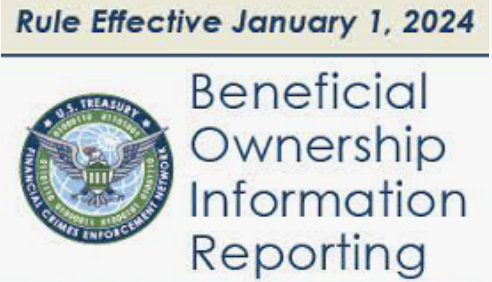Taxes owed can sometimes become higher than we anticipate, making it difficult to pay tax obligations. While the reality is less than ideal, the IRS fortunately offers payment solutions for a variety of circumstances.
Considering the high interest rates and penalties that the IRS charges for past due amounts, it is always in your best interest to settle the amount of taxes owed as soon as you can as your first option. While it may seem counterintuitive, sometimes it’s cheaper to take out a loan from a bank or credit card company to pay the due tax. If you can believe it, often those interest rates are much lower than the IRS’.
If a loan is out of the question, the IRS offers different types of payment plans for taxpayers who are have difficulties paying their taxes. The IRS determines who can qualify on each plan depending on each business’ specific tax situation.
Taxpayers may enter into a short-term agreement with the IRS, gaining 120 days to settle the due amount. They can complete applications for the short-term agreement online or over the phone. If a taxpayer successfully applies for a short-term agreement with the IRS, they do not pay set up fees.
Aside from short term plans, the IRS also offers an installment agreement, also known as a long-term plan. Under the installment agreement, a taxpayer agrees to pay the IRS a monthly fixed amount, and that monthly amount generally depends on the total amount of tax owed.
There are three types of installment agreements available:
Guaranteed Installment Agreement
The guaranteed installment agreement is available for taxpayers who owe $10,000 or less. Taxpayers who are qualified should agree to pay the full amount of tax due in three years.
To qualify, all the following conditions should be met:
- All the taxpayer’s returns are filed and no return is filed late or paid late
- No other installment agreement has been entered by the taxpayer in the last five years
- The taxpayer agrees to file their future tax years returns and pay the corresponding tax due on time
Streamlined Installment Agreement
The streamlined installment agreement is a good option for taxpayers who owe $50,000 or less. The payment term for this installment is six years or 72 months.
Non-Streamlined Installment Agreement
The non-streamlined installment agreement is for those whose tax liability is over $50,000. This is suitable for taxpayers who need payment terms to be longer than six years. Entering into this type of installment agreement with the IRS usually requires the help of a tax professional.
While it’s never ideal to pay more in taxes than we initially expected, it can be reassuring to know the IRS has flexible payment options for individuals and business owners to suit their specific needs. Regardless of the situation, there’s always a way to remain empowered and in control of your taxes.






